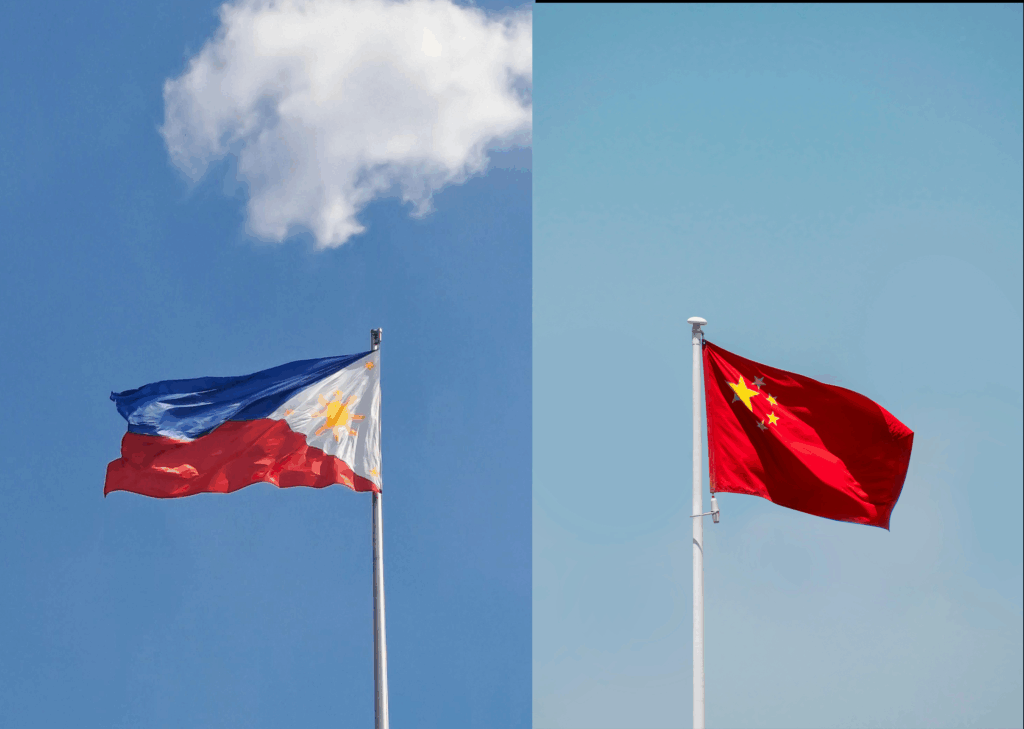A combination of uncertainty and alliance-building may be the Philippines’ best approach to the South China Sea disputes
10 May 2024

The research delves into the complexities of the South China Sea issues, proposing a fresh approach for countries like the Philippines and China to handle disputes. It argues that China’s claims in certain areas are facing challenges, and introduces a strategy called the “Smooth Power Approach”. In simpler terms, this means using a careful mix of uncertainty and building friendships with other nations to balance power dynamics and peacefully address disagreements. The study outlines a practical plan for the Philippines, initially focusing on maintaining the current situation and then forming alliances with powerful countries. The ultimate aim is to create genuine friendships and find solutions that benefit everyone, promoting harmony in the region under international rules. This research is valuable for governments as it provides insights into a new way of handling diplomatic issues, potentially influencing foreign policy decisions. For researchers, especially those studying international relations and maritime disputes, the research contributes a fresh perspective on the evolving dynamics of the South China Sea, offering a unique model for further exploration and analysis within the broader context of global relations.
The research explores the complex challenges in the region and suggests a novel approach. It argues that, following legal rulings, China’s claims to disputed areas face legitimacy challenges. The proposed “Smooth Power Approach” advocates for a strategic use of uncertainty by the Philippines to recalibrate its foreign policy and build alliances with global powers. This approach aims to break deadlocks by fostering genuine friendships and proposing mutually beneficial solutions, ultimately harmonizing interests under the Rules-based Order. The research provides a nuanced perspective on navigating geopolitical challenges and emphasizes the importance of legitimacy and collaboration in resolving disputes. Researchers studying international relations, maritime disputes, and diplomatic strategies may find this research beneficial for several reasons. Firstly, it introduces a unique perspective on power dynamics, moving beyond traditional realism and liberalism. The Smooth Power Approach proposes a nuanced strategy that
combines elements of uncertainty, collaboration, and authentic relationship-building. Government agencies, especially in the region, could use this research to inform their foreign policy strategies. The proposed phased strategy provides a framework for navigating complex geopolitical challenges, maintaining stability, and building alliances with major global powers. Policymakers could consider these recommendations in their decision-making processes, potentially contributing to more effective and harmonious diplomatic relations in the South China Sea.
Author: Francis Michael C. Abad (College of Social Sciences, University of the Philippines Cebu)
Read the full paper: https://research.ebsco.com/linkprocessor/plink?id=d3c26d9a-4551-3a0a-a6b7-fd1bda09f092
